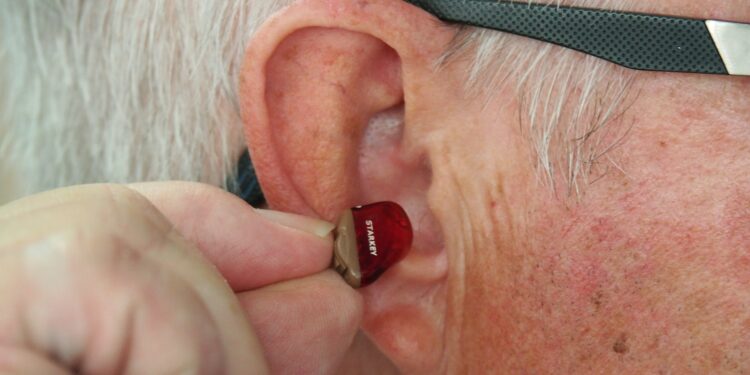Main Habit Among Heart Disease Patients
Many individuals, especially those who need to prioritize heart health, tend to exceed the recommended daily sodium intake, as highlighted by a recent study. This research revealed that individuals with cardiovascular disease (CVD) were consuming more than double the advised 1,500 milligrams (mg) of sodium per day.
The study, which included data from 3,170 participants diagnosed with CVD, found that the average daily sodium consumption among these individuals was 3,096 mg. Alarmingly, 89% of the participants surpassed the recommended sodium intake.
Presented at the American College of Cardiology’s Annual Scientific Session, these findings shed light on the widespread issue of excessive sodium consumption among individuals with heart disease. The American Heart Association (AHA) recommends that adults, particularly those at risk of heart disease, limit their sodium intake to no more than 2,300 mg per day, equivalent to about a teaspoon of table salt. However, the average person with heart disease in this study exceeded this recommendation by nearly 1,000 mg.
Contrary to common assumptions, the study revealed that higher sodium intake was not necessarily linked to limited food choices. Surprisingly, individuals with higher income levels and educational attainment exhibited the highest sodium consumption. The authors speculate that this unexpected finding may be attributed to the increased accuracy of reporting sodium intake among individuals with higher education and income levels.
Sodium, a vital mineral necessary for human health in small amounts, plays a crucial role in balancing water levels in the body and supporting muscle and nerve function. However, excess sodium intake can lead to elevated blood pressure, placing individuals at risk of heart disease. Cardiologist Jayne Morgan emphasized the detrimental effects of excessive sodium consumption on cardiovascular health, including increased blood pressure, arterial hardening, and atherosclerosis.
These findings underscore the importance of monitoring sodium intake, particularly among individuals with heart disease, to mitigate the risk of cardiovascular complications. Further research and public health interventions are warranted to address the pervasive issue of excessive sodium consumption and its adverse impact on heart health.

































Discussion about this post